1. The Zombies
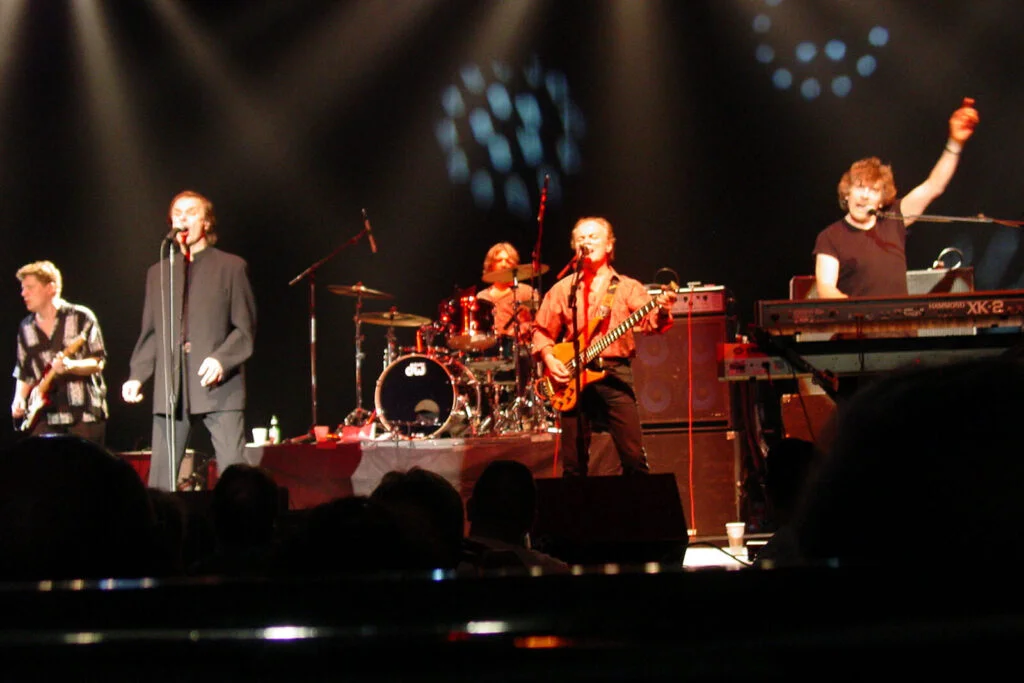
The Zombies’ innovative mix of jazz, classical, and rock made them pioneers of the genre, yet their influence is often overlooked. Their album Odessey and Oracle is hailed as one of the best of the ‘60s, with tracks like “Time of the Season” and “She’s Not There” offering a unique blend of baroque pop and psychedelia. However, despite the album’s enduring legacy, the band struggled commercially during their time, never achieving the mainstream success they deserved. It wasn’t until decades later that their music gained a cult following, securing their place in rock history.
Their sophisticated sound influenced bands like the Beatles, the Beach Boys, and even David Bowie. But at the time, the band’s avant-garde approach was too far ahead of its moment. The Zombies’ failure to break into the big leagues in the ‘60s is a story of underappreciation during their active years. They’ve since been recognized for their forward-thinking contributions to the genre, but their underdog status remains one of rock’s great injustices.
2. The Velvet Underground
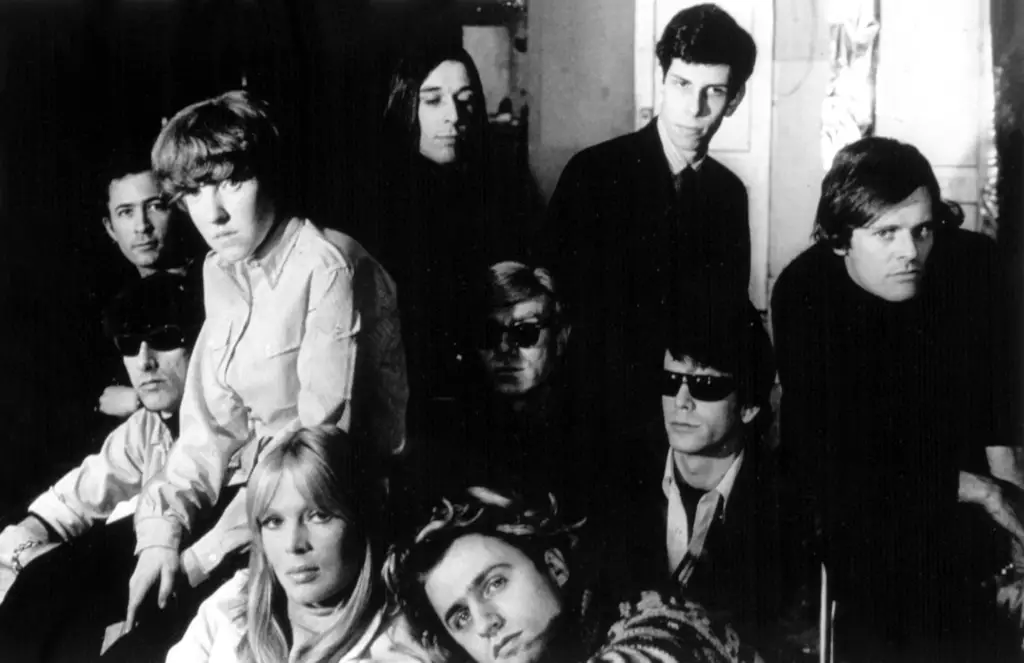
The Velvet Underground was known for their edgy, experimental sound, pushing the boundaries of rock and roll. Led by Lou Reed, the band blended art, avant-garde music, and poetic lyricism in a way that no one had before. Though they’re now considered one of the most influential groups in rock history, they were virtually ignored by mainstream audiences at the time. Their debut album The Velvet Underground & Nico sold poorly, and their music was considered too abrasive and unconventional for the radio.
What the Velvet Underground lacked in mainstream success, they more than made up for in influence. Everyone from David Bowie to Sonic Youth has cited them as a key inspiration. The band’s mix of dark, introspective lyrics and avant-garde soundscapes paved the way for future alternative and indie music. They were true pioneers, but the recognition they deserved only came long after they disbanded.
3. The Pretty Things
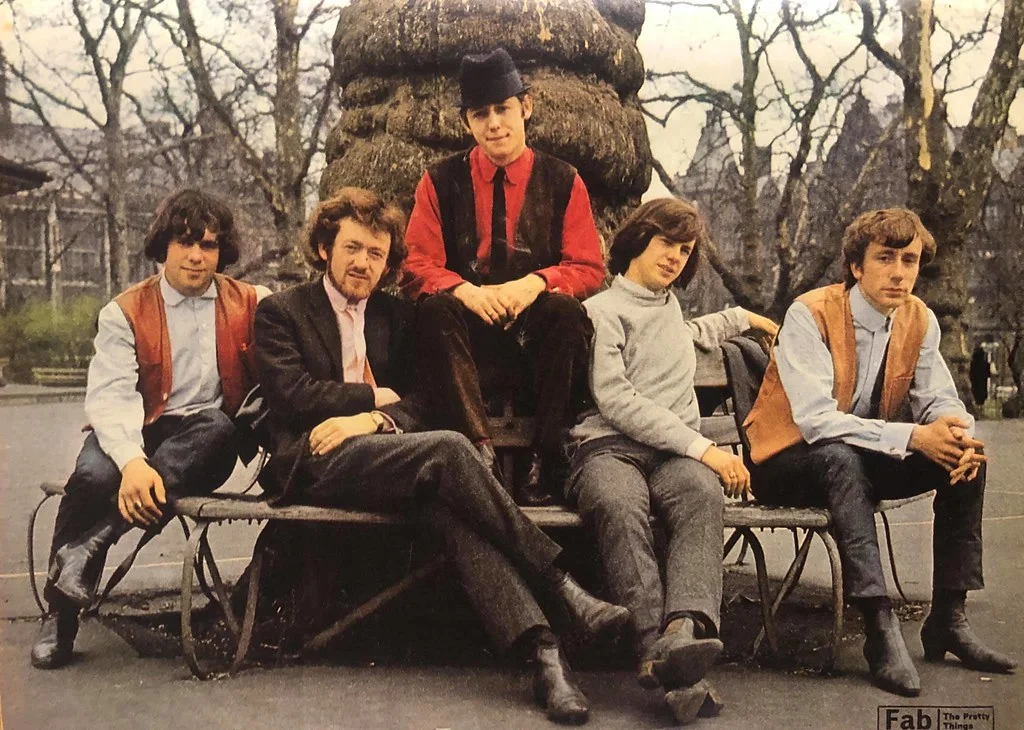
The Pretty Things were one of the UK’s most underrated bands, especially known for their hard-edged take on rhythm and blues. They were instrumental in the British invasion, offering a rawer, more rebellious version of rock. Their album S.F. Sorrow, released in 1968, was the first rock opera—yet it was overshadowed by The Who’s Tommy. Despite influencing a generation of musicians, from David Bowie to the Sex Pistols, the band never managed to achieve significant commercial success.
The Pretty Things’ sound was diverse, blending elements of psychedelia, garage rock, and proto-punk. Their contribution to rock history has been increasingly recognized, but it wasn’t until much later that their innovative work garnered the attention it deserved. Though they paved the way for future rock and punk bands, they remain an underappreciated gem of the ‘60s scene.
4. Love
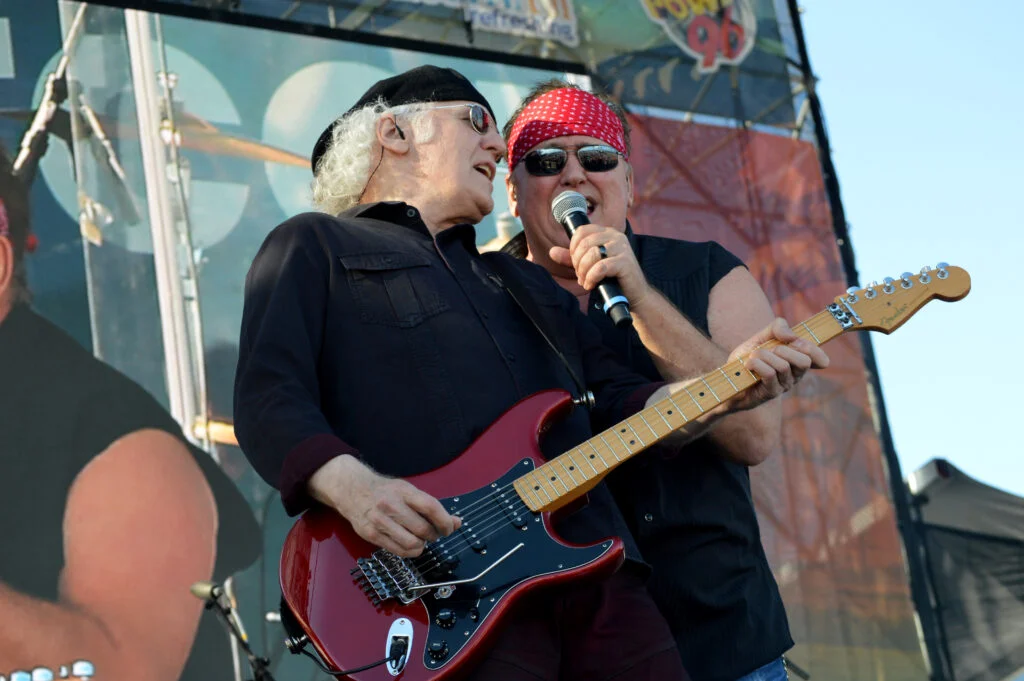
Led by Arthur Lee, Love was one of the most unique rock bands of the ’60s, mixing folk, jazz, and rock into a sound that was far ahead of its time. Their album Forever Changes is now considered a masterpiece, with songs like “Alone Again Or” blending orchestral arrangements with psychedelic rock. Despite critical acclaim, the band struggled with lineup changes and failed to achieve major commercial success. Lee’s eccentric personality and the band’s experimental nature likely alienated mainstream audiences at the time.
Though Forever Changes is often named among the greatest albums of all time, Love’s influence was not fully recognized during their heyday. Their inability to break into the mainstream spotlight has been the subject of much rock history revision. However, over time, they’ve become revered as one of the most groundbreaking bands of the era, with their sound influencing artists from the Doors to Beck.
5. The 13th Floor Elevators
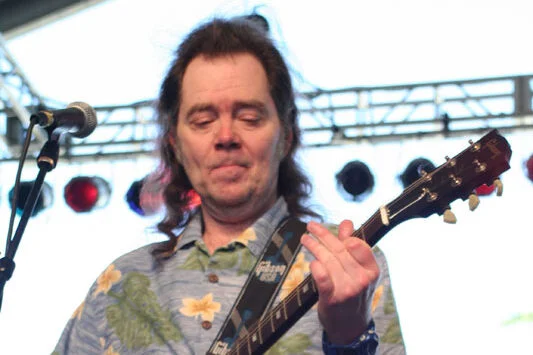
The 13th Floor Elevators were one of the first bands to truly embrace psychedelia, but their innovative sound was met with confusion rather than recognition in the ‘60s. Frontman Roky Erickson’s distinct voice and the band’s use of reverb and experimental guitar work helped define the genre. Their 1966 album The Psychedelic Sounds of the 13th Floor Elevators was groundbreaking, but its impact wasn’t fully felt until later generations discovered the band.
Despite being pioneers of psychedelic rock, the 13th Floor Elevators never became the household name they deserved to be. Their music was far too eccentric for mainstream tastes at the time, and they were plagued by issues with the law and internal struggles. Yet, their legacy has lived on in the psychedelic rock scene, with bands like the Black Angels and the Flaming Lips citing them as key influences.
6. The Kinks
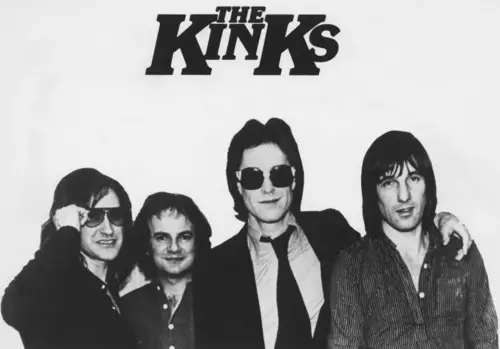
Though often cited as one of the most influential rock bands of all time, the Kinks never reached the fame and fortune of their contemporaries, the Beatles and the Rolling Stones. Known for their sharp songwriting and unique blend of British pop and rock, their 1966 album Face to Face is a masterpiece that still sounds fresh today. The band’s inability to tour in the United States, due to an American ban, severely limited their exposure during the ‘60s.
Despite their commercial struggles, the Kinks’ impact on rock music is undeniable. Their influence can be heard in everything from punk rock to Britpop. The Kinks’ legacy has grown over time, but in the ’60s, they were never able to break into the mainstream on the same level as their peers.
7. The Byrds
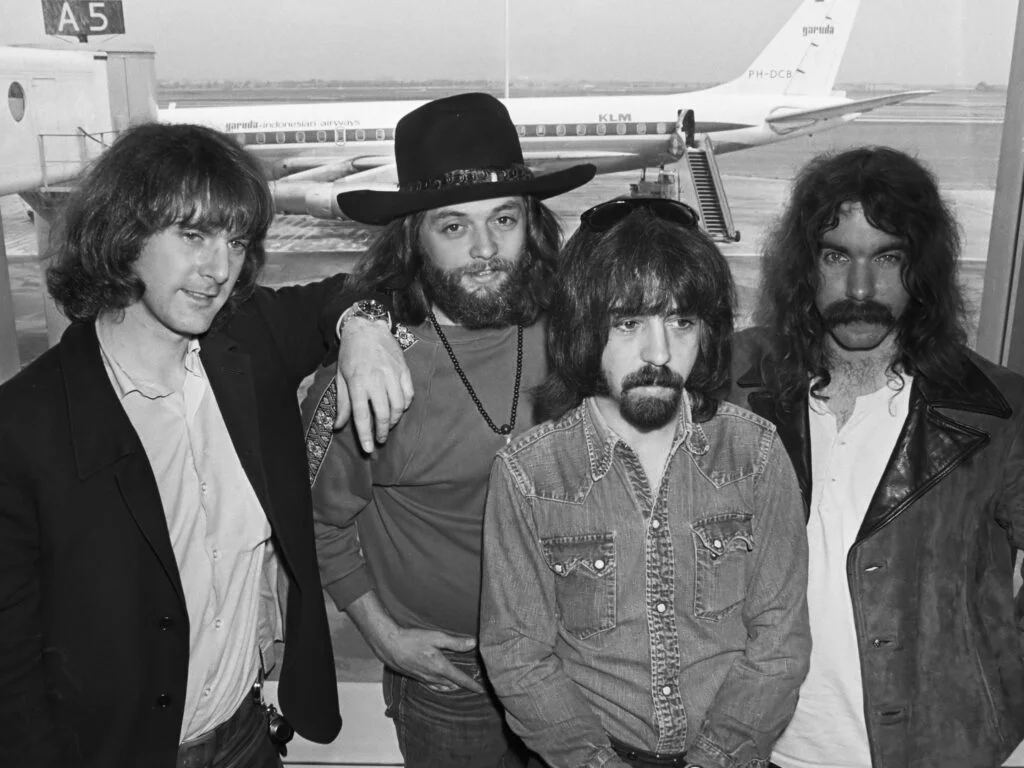
The Byrds blended folk, rock, and psychedelia in a way that had a massive influence on the future of popular music. Songs like “Turn! Turn! Turn!” and “Eight Miles High” showcased their unique sound and made them stars in the folk-rock scene. However, the band struggled with internal conflicts and changing trends in the music industry, which kept them from maintaining the commercial success they deserved.
While their impact is undeniable, the Byrds never managed to maintain a consistently high profile in the public eye. Their influence on bands like the Eagles and Tom Petty is undeniable, but their fleeting moments of fame in the ‘60s were overshadowed by bigger acts. Still, the Byrds’ contributions to the development of folk rock, country rock, and psychedelia remain undeniable.
8. The Seeds
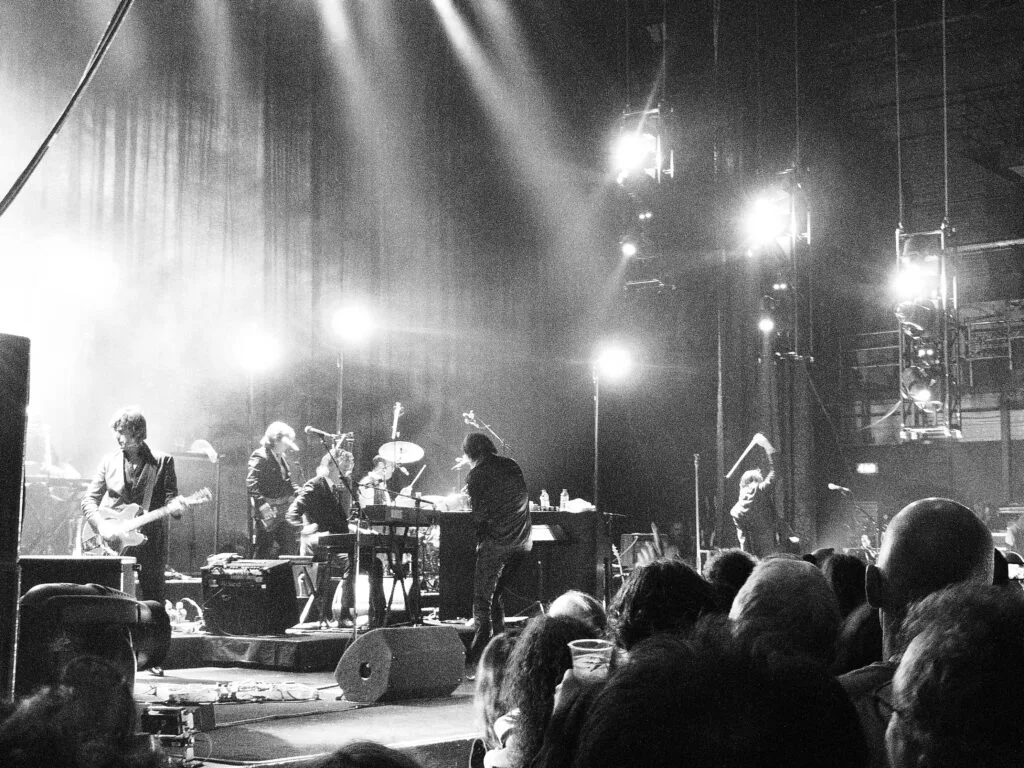
Often described as a proto-punk band, the Seeds were pioneers in the raw, gritty sound that would later define punk rock. Their 1966 hit “Pushin’ Too Hard” became an anthem of youthful rebellion. But despite their bold sound and charismatic leader Sky Saxon, the Seeds never quite broke into the mainstream. The band’s stripped-down sound and minimalistic approach were too raw for the prevailing ‘60s scene, where more polished bands dominated.
While the Seeds didn’t achieve the level of fame they deserved in the ‘60s, their influence on punk rock and garage rock cannot be overstated. Their rebellious attitude and raw sound paved the way for later bands like the Stooges and the MC5. Today, the Seeds are celebrated for their groundbreaking music, but they remained a cult favorite during their time.
9. The Left Banke
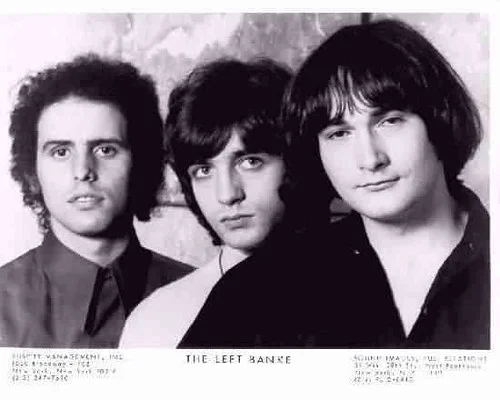
The Left Banke is best known for their hit “Walk Away Renée,” a baroque pop gem that combined lush orchestration with catchy melodies. They were one of the first bands to experiment with classical music influences in pop rock, paving the way for later artists like the Beach Boys. Despite this, the Left Banke struggled to maintain their momentum, as their sound was seen as too unconventional for mainstream audiences at the time.
Though they had a brief moment of fame, the Left Banke never reached the levels of success that their innovative music warranted. Their sound was sophisticated and complex, which likely turned off the average listener of the time. In the years since, their influence on the baroque pop genre has been acknowledged, but in their heyday, they were largely overlooked.
10. The Beau Brummels
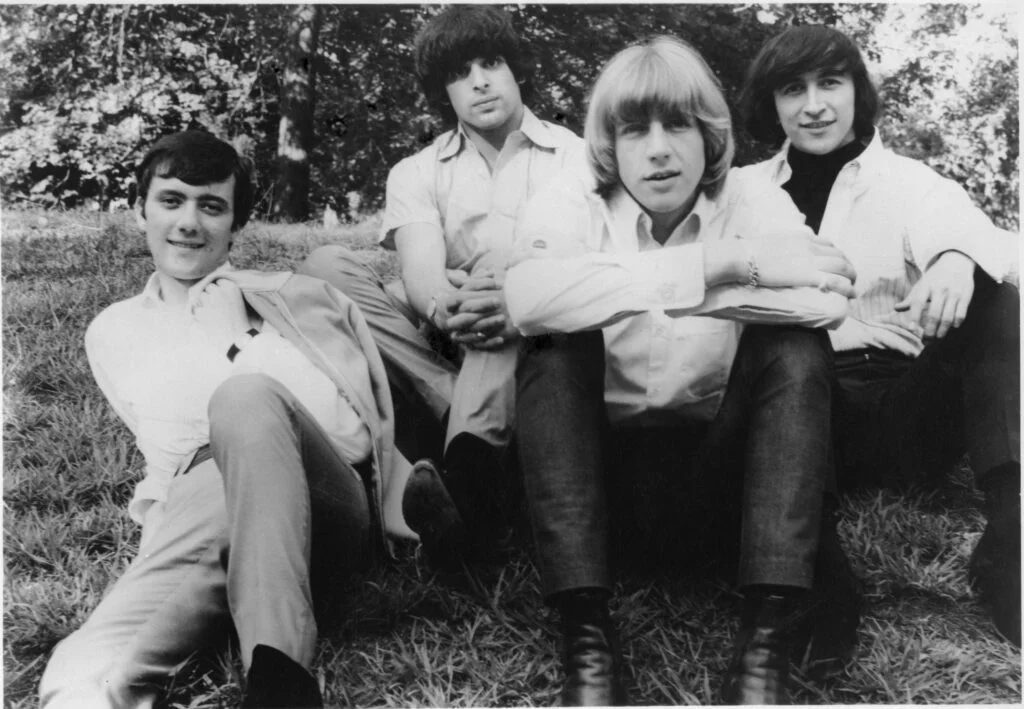
The Beau Brummels were one of the first American bands to be associated with the British Invasion, yet their distinct sound didn’t quite mesh with either American folk or British rock. Their album Introducing the Beau Brummels was a perfect blend of folk rock and pop, but they never received the fame they deserved. The band’s inability to replicate the commercial success of their contemporaries like the Byrds and the Mamas & the Papas left them as a cult favorite instead of a household name.
Their influence can be heard in the folk-rock and jangle pop that followed, especially in the works of bands like R.E.M. and the Byrds. However, due to poor management and changing musical tastes, the Beau Brummels never achieved the level of success they should have. Their contributions to the folk rock scene remain important, but their short-lived career was far from the fame they deserved.
11. The Electric Prunes
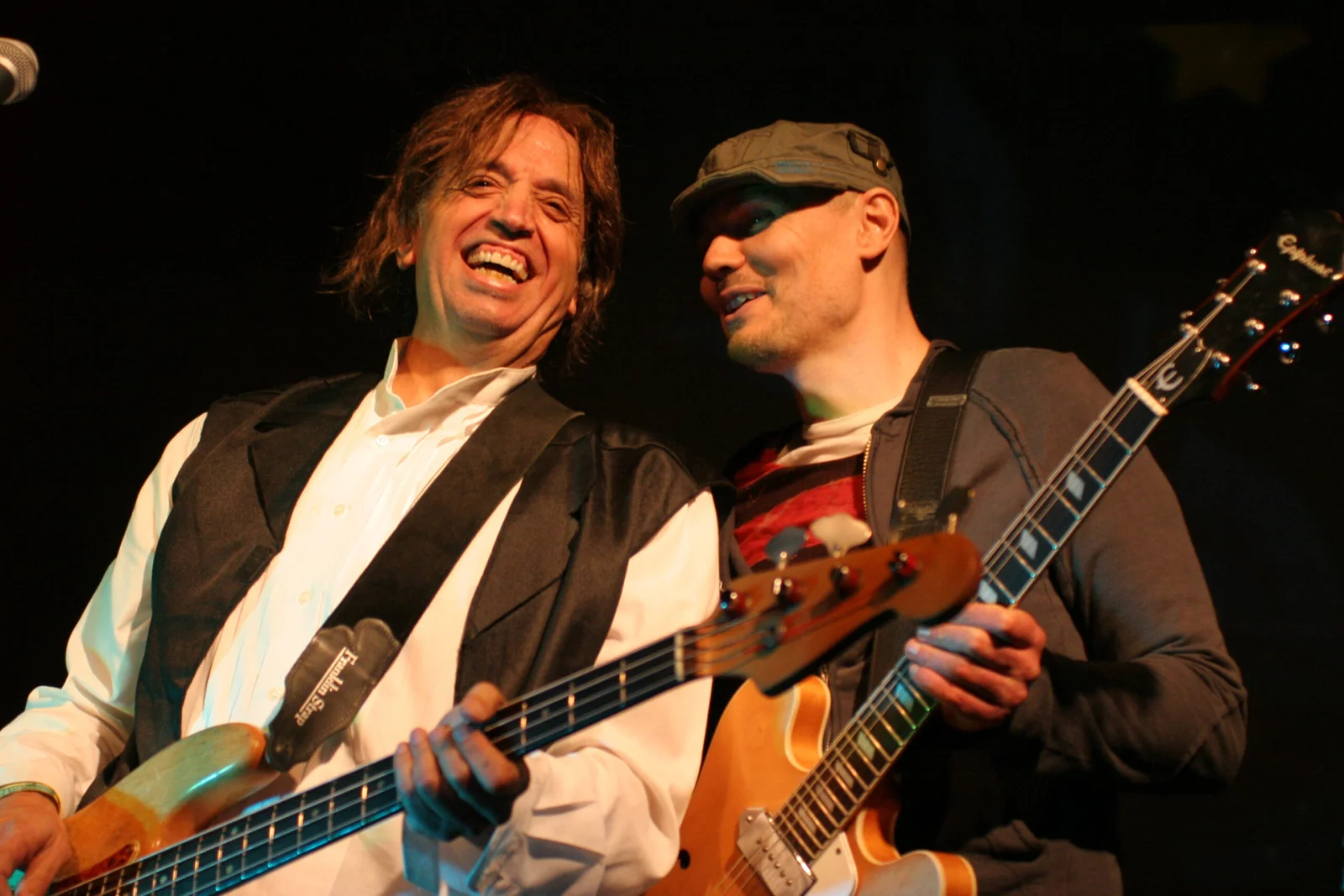
The Electric Prunes were pioneers of experimental psychedelic rock, blending complex sounds with heavy reverb and electronic effects. Their 1966 hit “I Had Too Much to Dream (Last Night)” became an iconic track of the era, yet they never managed to ride that success into long-term fame. Despite their groundbreaking sound, the band struggled to find an audience outside of the underground psychedelic scene.
In retrospect, the Electric Prunes are often cited as a key influence on later psychedelic and garage rock bands. Their use of distortion and experimental recording techniques helped shape the sound of modern rock. But at the time, their music was too ahead of its time, leading to their quick fade from the limelight despite their innovation.
12. The Standells
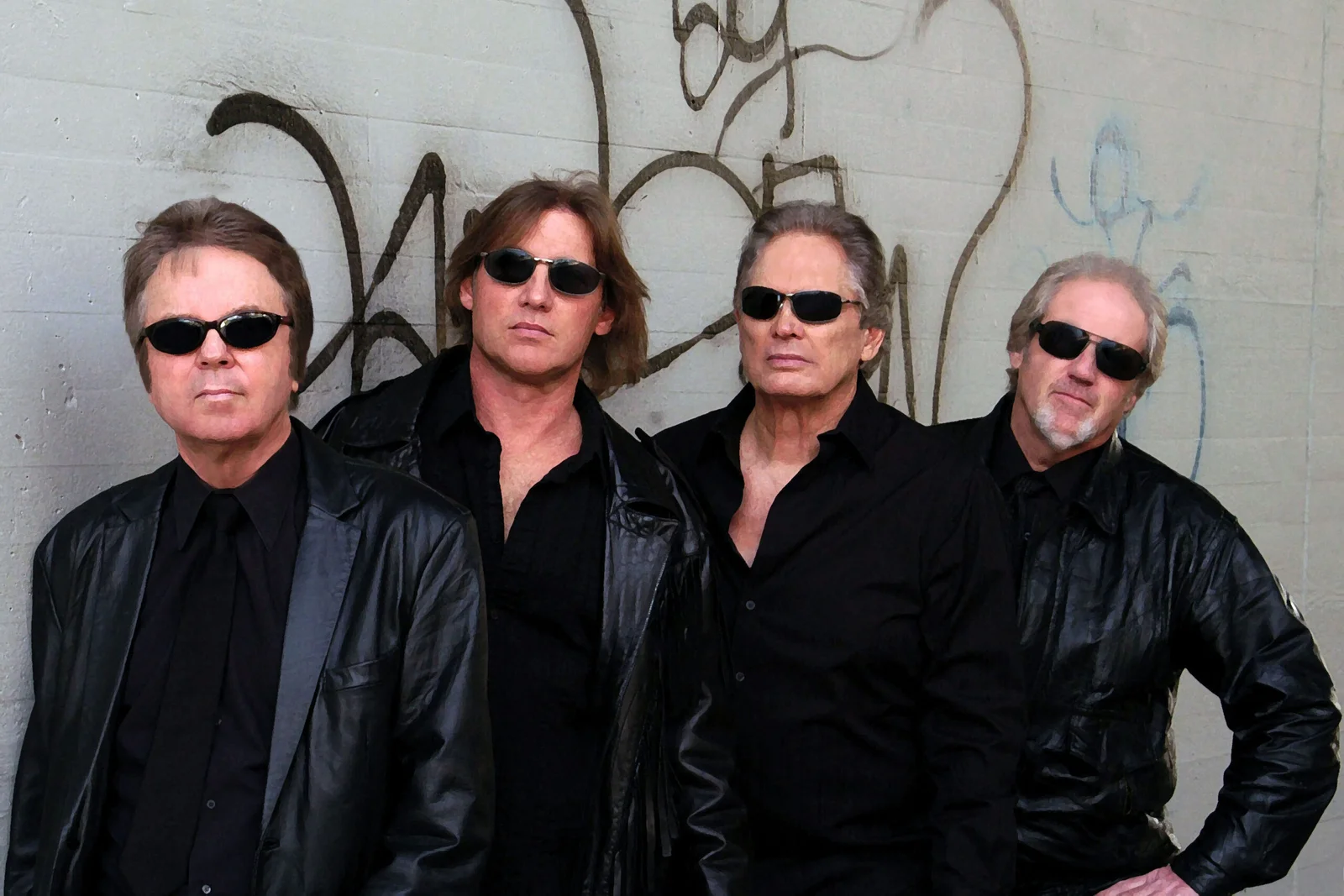
The Standells are best known for their hit “Dirty Water,” an anthem for their hometown of Boston. Their raw, garage-rock sound made them one of the earliest punk-influenced bands, but despite their rebellious music, they never achieved the widespread success of their contemporaries. The Standells were a perfect fit for the emerging counterculture movement but were often overshadowed by more prominent acts.
While they didn’t receive the fame they deserved in their time, their legacy in the garage rock and early punk scenes is undeniable. Their hard-edged sound laid the groundwork for future bands like the Stooges and the Ramones. Still, despite their influence, the Standells never reached the level of commercial success they deserved.
13. The Turtles
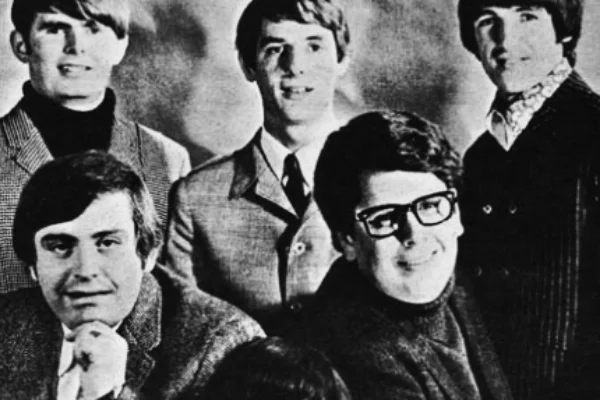
The Turtles were known for their catchy pop songs and quirky sense of humor, but they were often dismissed as one-hit wonders. Their hit “Happy Together” remains a timeless classic, but their other work, like the album The Turtles Present the Battle of the Bands, showcased their wit and musical versatility. The band never achieved the level of fame they deserved, as they were often overshadowed by the more prominent bands of the era.
The Turtles’ ability to mix pop, rock, and satire was ahead of its time, influencing later artists like Beck and Weezer. Despite their groundbreaking work, they never reached the sustained commercial success they deserved. However, their music has been rediscovered by later generations, securing their place in rock history.


